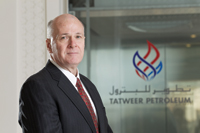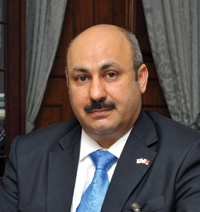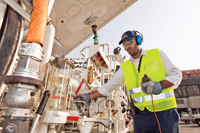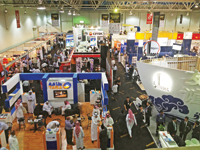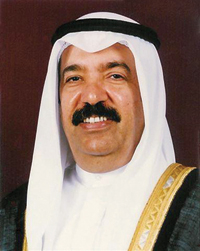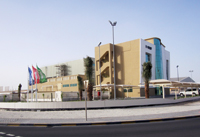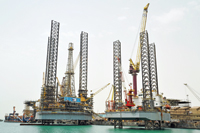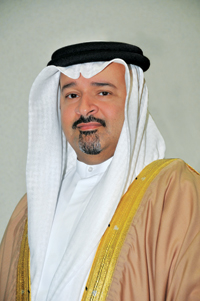
PLANS are under way for Bahrain Petroleum Company (Bapco) to operate independently, but still be government-owned, says Finance Minister Sheikh Ahmed bin Mohammed Al Khalifa.
He told MPs that parliament’s proposal to have Bapco’s finances separated from the government has already been approved by the Cabinet and was under study.
“All of the possible scenarios will be presented to parliament and most likely the government will repay what it owes to Bapco through instalments in a similar fashion to what it has done with Alba in the past before moving it to Mumtalakat,” says Sheikh Ahmed.
“The funding will be done through borrowing and arrangements in that regard will be made whenever parliament approves our plans.”
Sheikh Ahmed stresses that the government’s dependence on oil and gas revenues, which has increased to 88 per cent, has to end.
“We need capital to diversify our sources of income, borrowing is the easiest solution, but if we are looking for plans in the long-run then we should have a strong financial infrastructure that is capable of accommodating change,” he says.
“When we speak about real contributions then we should have solid contributors.”
He says fees collected by the government do not cover the cost of services provided and is much lower than many countries across the region.
“We have a problem in our other sources of income considering that spending is more than the income,” he added.
Sheikh Ahmed says the government needs parliament’s support in redirecting subsidies.
“We want subsidies directed towards those in need and not everyone. It is illogical to give electricity, water and fuel services to international companies at the same rates as household domestic consumers,” he explains.
“It is like giving free services to those companies, while we are striving to get more revenues to fund government projects.”
Sheikh Ahmed was speaking as MPs rejected the closing budget statement for 2011, describing it as a showcase of the government’s “failure” to carry out projects properly during that year.
Meanwhile, feasibility studies, predesign, and technical designing of the pipeline project between Saudi Arabia and Bahrain have been completed and detailed engineering stage would start as early as the first quarter of 2013 at an estimated cost of $ 350 million, says Abdul-Jabbar Abdul-Kareem, general manager for mega engineering projects at the Bahrain Petroleum Company (Bapco).
Abdul-Kareem told Bahraini newspaper Al-Watan that Bapco has almost completed its ambitious 10-year strategic investment programme for modernisation of Bapco refinery at a total cost of more than $ 1.2 billion.
He says Bapco applies Chevron’s plan for developing and implementing operations under the technical services agreement signed with Chevron for the purpose of applying this plan as the main technique to develop, modernise the Bapco refinery programme. Chevron’s plan comprises five major stages, which focus on steps to implement the project from the alpha to the omega, including three initial stages that are connected with the launching of the project’s implementation process.
The plan has now ushered into the second phase of its implementation. The fourth phase of Chevron’s plan pertaining to implementation aims to construct the project through specific phases so as to strengthen aspects of financing and optimum utilization of resources. Initial construction operations are expected to start by 2017 so that the final construction jobs will be finished by 2020.










































































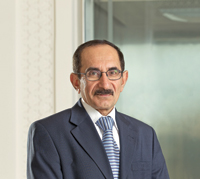
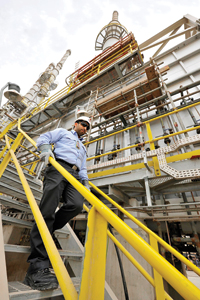
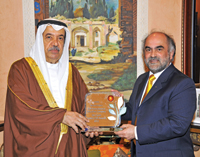
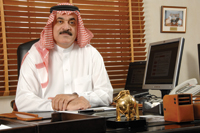
.jpg)
.jpg)
